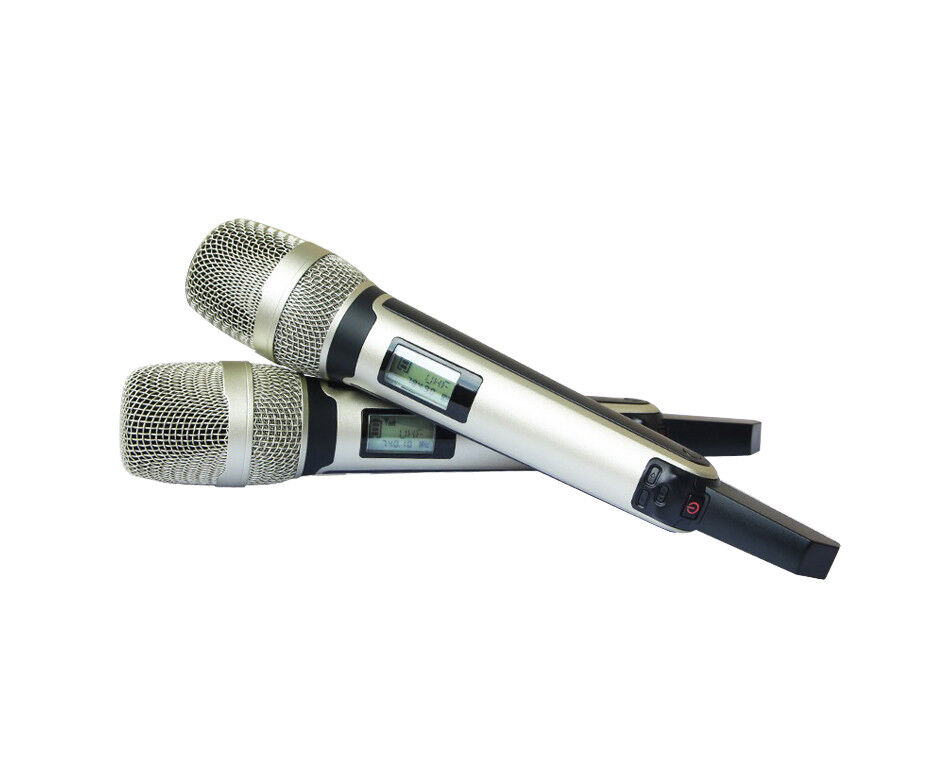Selecting the right microphone is crucial for singing artists, whether they are laying down tracks in a studio or captivating audiences on stage. The perfect microphone not only captures the purity and nuances of vocals but also complements an artist’s unique sound. This guide delves into the world of microphones, spotlighting exceptional models for both studio recordings and live performances. It covers essential features to consider, recommends top picks for studio and stage, and provides tips for optimizing microphone use to elevate your vocal delivery to professional standards.
Key Features to Consider
Clarity and Frequency Response
The heart of a good microphone lies in its ability to reproduce vocals with clarity and a balanced frequency response. Look for microphones that offer a wide frequency range, ensuring both the deep tones and high notes in your performance are captured with fidelity. A flat frequency response can accurately reproduce sound, while a slight boost around the vocal presence range can make your voice stand out in a mix.
Pickup Patterns and Versatility
Understanding pickup patterns is essential. Cardioid microphones, which pick up sound primarily from the front, are ideal for studio use, minimizing room noise and feedback. For live performances, however, supercardioid and hypercardioid mics offer tighter directionality, reducing stage noise while focusing on your vocals. Versatility in a microphone further allows artists to explore different genres and vocal techniques with a single piece of equipment.
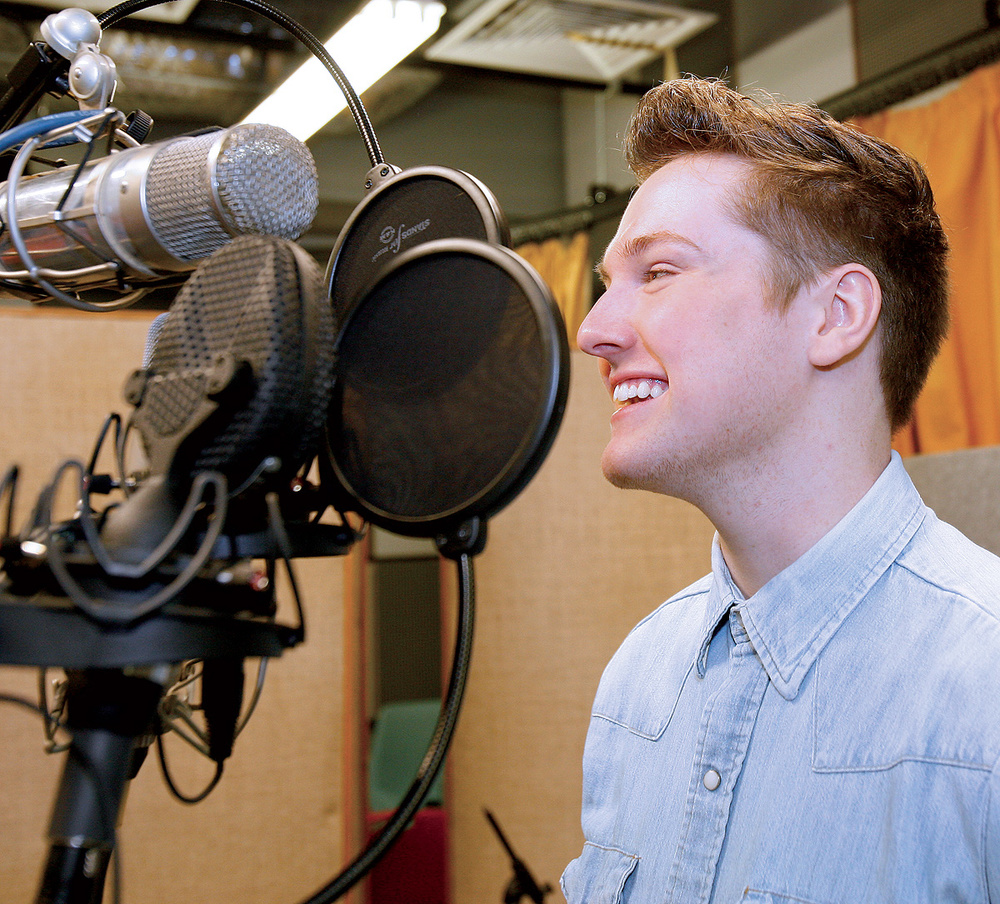
Top Picks for the Studio
Large Diaphragm Condenser Microphones
For studio recordings, large diaphragm condenser microphones are the gold standard. They’re renowned for their sensitivity and ability to capture a wide range of frequencies with precision. The Neumann TLM 102 stands out for its beautifully balanced sound and slight emphasis on the upper frequencies, making it a favorite among vocalists for its ability to enhance vocal clarity without harshness.
USB Microphones for Home Studios
With the rise of home studios, USB microphones have become a viable option for artists seeking professional-quality recordings without a hefty investment. The Blue Yeti offers remarkable versatility with its selectable pickup patterns, allowing singers to experiment with different recording setups. Its ease of use and plug-and-play connectivity make it an excellent choice for singer-songwriters and podcasters alike.
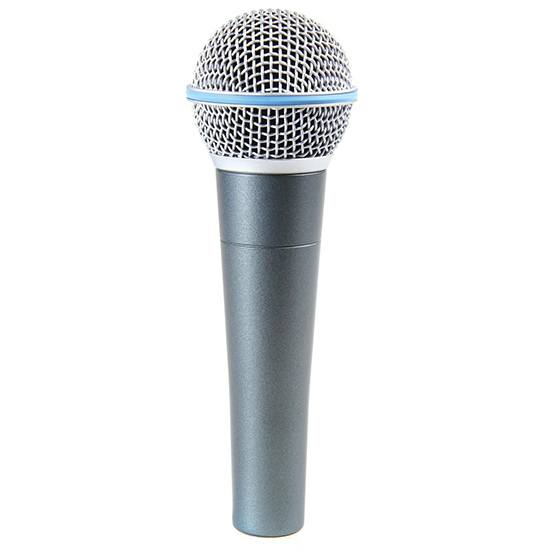
Top Choices for Live Performances
Dynamic Handheld Microphones
When it comes to live performances, durability and feedback rejection are paramount. Dynamic handheld microphones, such as the Shure SM58, have become legendary for their resilience and reliability on stage. Its tailored vocal response and cardioid pickup pattern ensure clear vocal reproduction, making it a stalwart presence in venues worldwide.
Wireless Freedom on Stage
For artists who love to move around on stage, wireless microphone systems offer unmatched freedom. The Sennheiser EW 500 G4 offers exceptional sound quality, robust build, and reliable wireless connectivity, making it a top choice for touring artists. Its wide frequency range captures every nuance of the performance, delivering studio-quality sound in a live setting.
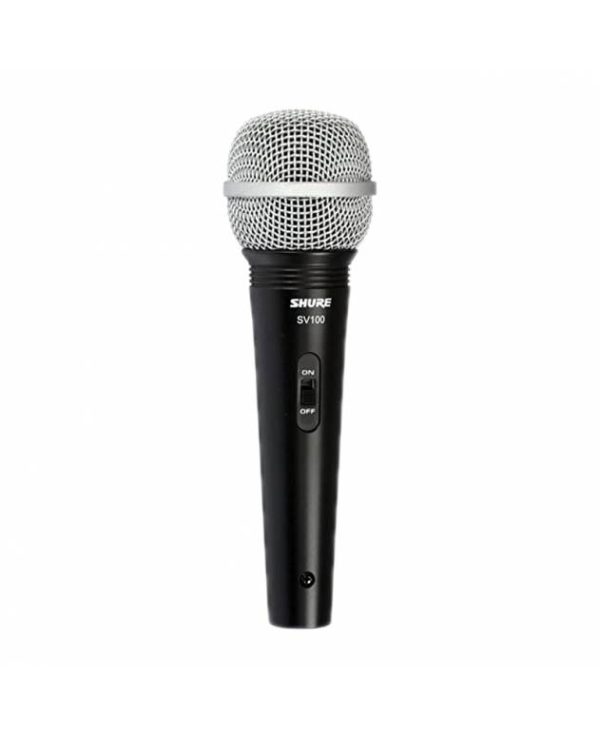
Optimizing Your Microphone Use
Sound Check and Positioning
Achieving the best sound requires more than just a high-quality microphone; it’s also about how you use it. Conduct thorough sound checks before any recording session or performance. Experiment with mic positioning to find the sweet spot where your vocals sound the best—usually a few inches away from the capsule, slightly off-axis to reduce plosives.
Matching the Microphone to the Venue
For live performances, consider the venue’s acoustics and the overall scale. Larger venues might require microphones with more aggressive noise cancellation, while intimate settings allow for the use of more sensitive mics that can capture the full dynamic range of your voice. Tailoring your microphone choice to the venue can significantly impact the quality of your performance.
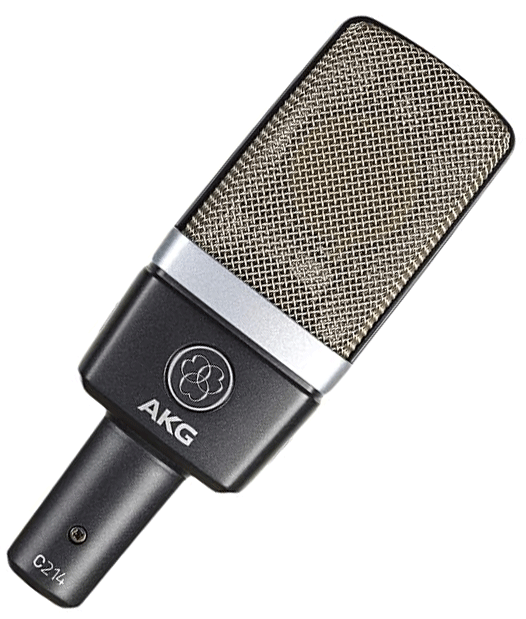
Enhancing Recording Quality in the Studio
Fine-Tuning Mic Technique for Optimal Sound
To extract the best sound from your studio microphone, mastering mic technique is essential. Singers should practice controlling their proximity to the mic—getting closer for a warm, intimate sound or backing away for louder, more dynamic parts. Using a pop filter can help soften plosives and sibilance, ensuring a clean and professional vocal track. Consistent practice and awareness of your mic’s capabilities can lead to significant improvements in recording quality.
Addressing Acoustic Treatment
The acoustics of your recording environment play an equally important role in the quality of your sound. Invest in proper acoustic treatment for your studio to control reflections and absorb excess reverberation. Acoustic panels, bass traps, and diffusers can create a more controlled recording environment, allowing your studio microphone to capture your voice without unwanted coloration from the room.
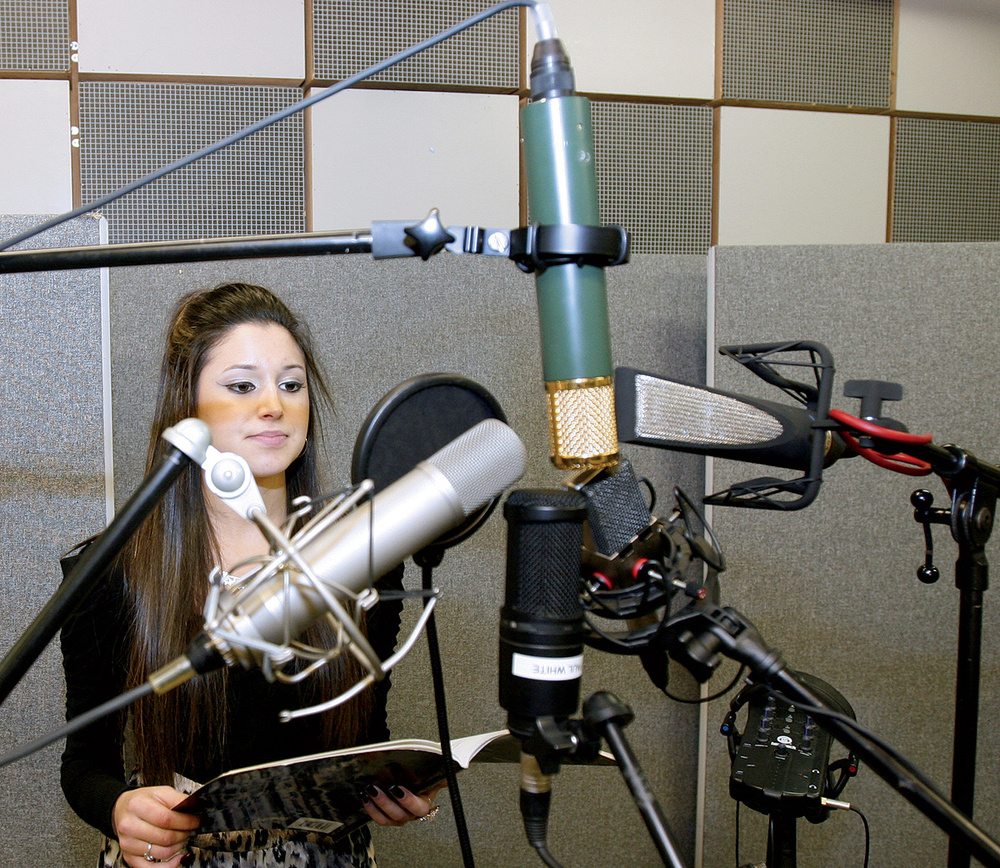
Maintaining Consistent Performance on Stage
Adaptability in Diverse Performance Settings
On stage, versatility and adaptability are key. A singer must adjust their performance to suit different venues and sound systems. It’s important to perform sound checks in each new environment to adapt mic technique and stage presence accordingly. Connecting with the sound engineers and ensuring they understand your requirements can help tailor the sound to match your expectations and accommodate the unique acoustics of each venue.
Preserving Vocal Health
A good microphone can only do so much if the singer’s voice isn’t in top condition. Maintaining vocal health through proper technique, warm-ups, and hydration is vital, especially during rigorous performance schedules. A well-cared-for voice will produce the best results through any microphone, whether in a cozy coffee shop or a large concert hall. Vocalists should also invest time in learning how to interact with their mic to make quick adjustments seamlessly during live performances.
Empowering Your Vocal Expression
Selecting the right microphone can transform your vocal performances, offering a clearer, more nuanced representation of your voice. By understanding the key features to look for, and considering our top picks for both studio and stage use, you can make an informed decision that elevates your singing to the next level. Remember, the best microphone not only captures your voice accurately but also inspires confidence and enhances your performance. Whether you’re recording a heartfelt ballad in the studio or belting out songs on stage, the right microphone is your gateway from studio to stage, perfecting your artistry and connecting with audiences like never before.
